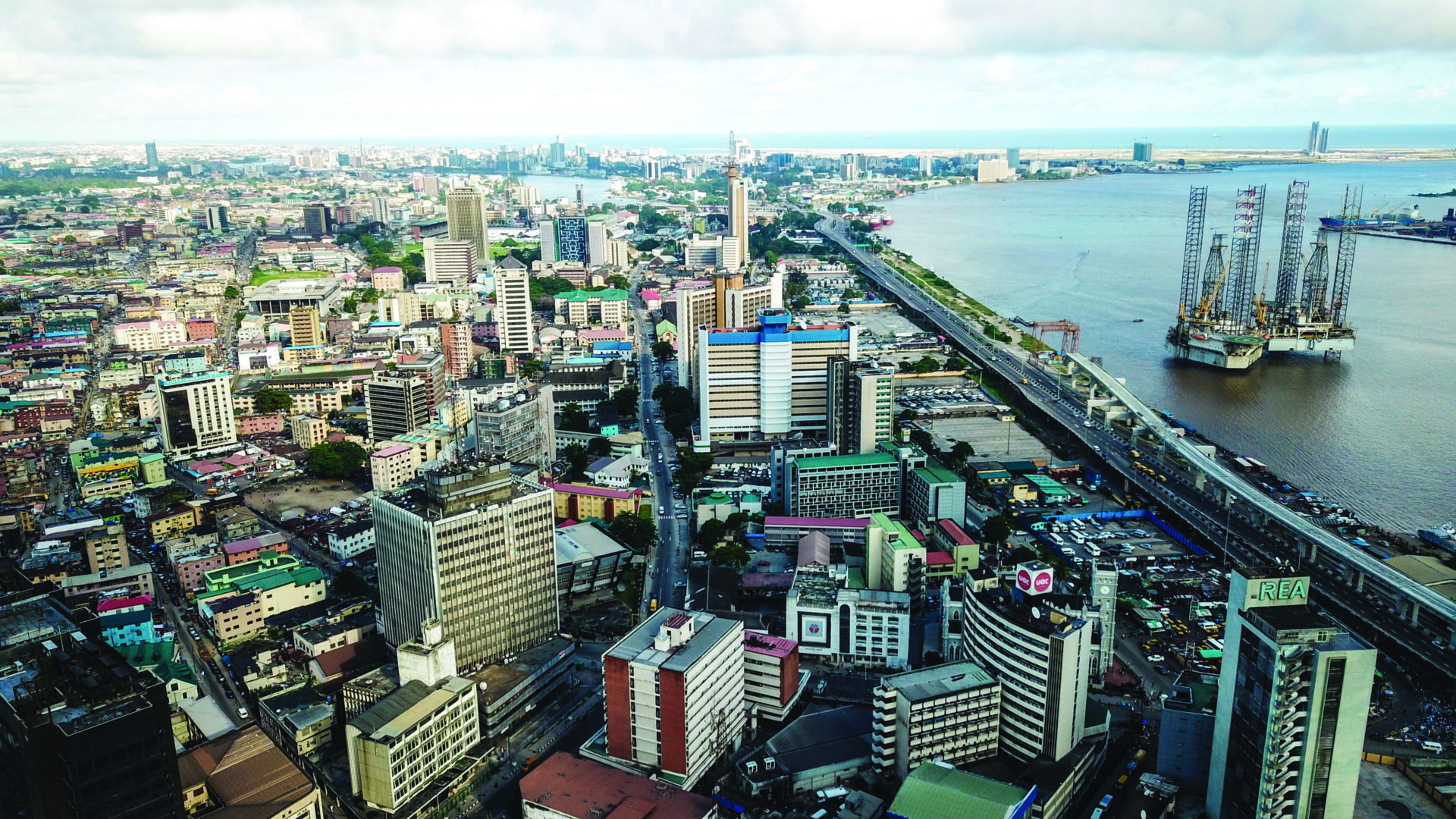“Foreign companies, especially oil prospects and development companies, have been in Nigeria for about two generations – 40 years and above and so on. So, they know the environment. They stayed that long. They continue to invest because they know the potential Nigeria has in oil and gas and the capacity of the people to learn and work hard.” H.E. Muhammadu Buhari, President of Nigeria
With the recent re-election of President Muhammadu Buhari, Nigeria has secured an additional four years with an administration that is dedicated to the nation in its efforts to continue its path toward bringing Africa to the next level. With the largest population on the continent, domestic demand in Nigeria continues to rise while resources and favourable demographics are attracting the strong flow of FDI. As one of the leading markets in the continent, investment possibilities in the country cannot be overlooked. Improved macroeconomics, which are supported by recovering oil prices and production, has ensured that Nigeria maintains the title of the largest economy in Africa. This title is largely aided by Nigeria’s powerhouse of GDP generation: oil and gas.
Nigeria has seen strong and steady growth in the oil and gas sector over the past sixty years when petroleum was officially discovered. To bring the reality of the oil and gas industry into perspective, the first quarter of 2018 reported that sales of crude oil made up 76.3% of Nigeria’s export earnings, bringing in about US$11.7 billion. In the same time span, processed oil products (e.g. condensates and lubricants) earned an additional US$1.75 billion, which accounted for an additional 11.4% of the total export earnings. In regard to contributing to the immense success of the industry, Segun Adebutu, CEO of Petrolex says, “As integrated energy conglomerate with strategic investments across the energy value chain, we are committed to building communities, transforming lives and driving economic growth and development in Nigeria.”
Driving economic growth and development is ultimately the central goal of His Excellency President Buhari’s administration. H.E. President Buhari says, “The administration is committed to responsibly managing our oil wealth endowments.” The administration’s commitment is further brought to life through a focus on infrastructure development. Nigeria currently has several on-going and upcoming gas projects in the works for the rapid development of the country’s energy sector. One such project is the 614km Ajaokuta-Kaduna-Kano (AKK) pipeline. The AKK pipeline is a continuation of infrastructure built for the domestic gas market. “The AKK pipeline is part of the Gas Master Plan,” says Emeka Okwuosa, CEO of Oilserv. “It is going to move 1.5 billion scf of gas a day and provide resources for power generation and other energy requirements. It is not only a development of the north; it is such for the entire country. So, this single project can transform the whole of Nigeria in terms of industrial capacity.”
The implementation of the AKK pipeline will only further Nigeria’s potential in the industry, specifically by monetising the incredible opportunity in the gas market. Focus on this type of infrastructure is testament to how the current administration is embracing the Gas Master Plan, which is poised to help Nigeria become the gas hub of West Africa while improving the socio-economic development of the nation. Recently, State Minister of Petroleum Resources, Hon. Chief Timipre Marlin Sylva has declared 2020 as “the Year of Gas”, and this proves to be true as the country makes moves to capitalise on gas and improve its local energy distribution. With an extensive roadmap in place, the gas revolution is on the right track to usher in Buhari’s vision for a next-level Nigeria.
Loading...
Reflecting this dedication to the next level of the sector, Chief Tunde J. Afolabi, Chairman & CEO of Amni, speaks of the potential of gas in the country: “Given that Nigeria has three to four times more gas than oil, companies such as ours should focus more on gas; in our discovery of gas reserves we should look to harness and monetise the gas as we go along. The government is making a requirement that when looking for oil, companies must find a solution for the gas before they are allowed to produce oil.” This mentality will inevitably evolve the prosperous sector toward new avenues and make even greater use of the natural resource.
While the oil and gas industry continues to sustain further growth in forthcoming years, FDI remains crucial for the sector and new investments keep being launched to make sure it continues sustained growth and development. Tein T.S. Jack-Rich, Founder and President of Belemaoil, says “Nigeria has been pretty predominant in the oil business. Nigeria has great potential. We have the demographics to decide the right economic framework.” Investment opportunities range from upstream oil and gas production, such as deposits or drill wells, or in downstream production that focuses on the post-production of crude oil and natural gas activities, such as seen in refineries plant production, or sales. Within any level of exploration, extraction or production, the partnering opportunities are immense.
Under the guidance of H.E. President Buhari’s administration and the Gas Master Plan, the oil and gas sector is destined to spur economic growth and drive industrialisation with linkages to other key sectors such as construction, ICT, power, railways and agriculture. H.E. President Buhari is confident in the future of Nigeria, saying, “We have laid the foundations for a strong, stable and prosperous country for the majority of our people.” As such, the upcoming years are sure to prove that the “Year of Gas” is, in reality, a new era for the industry, which will further signal a new age for Nigerians by creating jobs, facilitating investment, and offering greater access to electricity. While it is known that oil is a constant, Nigeria is showing that gas will continue to play an increasingly important role to ensure that the nation progresses forward towards the next level.
Loading...

